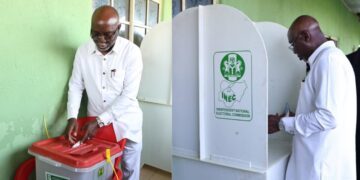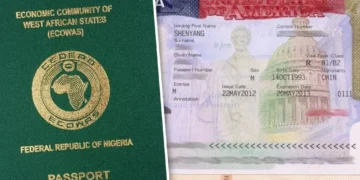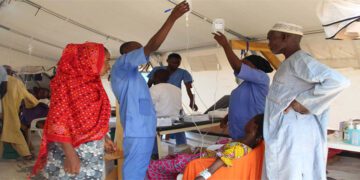The return of mass abduction with nearly 300 school children taken away in Kaduna has raised questions about the Safe Schools Initiative which the Nigerian government launched ten years ago to prevent incidents like this from reoccurring. A decade ago, the federal government launched the Safe School Initiative to protect schools across the country from terror attacks. This initiative was a response to the incessant attacks on school children and their teachers during which several of them were either killed or kidnapped across Nigeria by Islamic extremists and bandits, beginning with the mass abduction of 276 Chibok schoolgirls on the night of April 2014 in Borno State, the epicenter of the Boko Haram insurgency at the time. The initiative was a response to the growing insecurity in the country, particularly in the North West and North East regions, where terrorist groups like Boko Haram and bandits had been targeting schools. However, within the last week, bandits have kidnapped 287 schoolchildren in Kuriga, in Chikun Local Government Area of Kaduna State, and another 15 students from Gidan Bakuso village in Sokoto State on Saturday. The Safe Schools Initiative was supposed to involve a coordinated effort by various security agencies, including the police, the army, the Department of State Services (DSS), and the Nigerian Security and Civil Defence Corps (NSCDC) to provide security for schools. The government also invested heavily in improving the infrastructure of schools, including building fences, providing surveillance equipment, and training teachers and students on how to respond to emergencies. However, despite these efforts, the initiative has failed to achieve its primary objectives.
NCDC launches emergency intervention as Lassa fever cases rise to 1,154
The Nigeria Centre for Disease Control and Prevention (NCDC) has recorded 1,154 confirmed cases of Lassa fever out of the...
Read moreDetails












































































